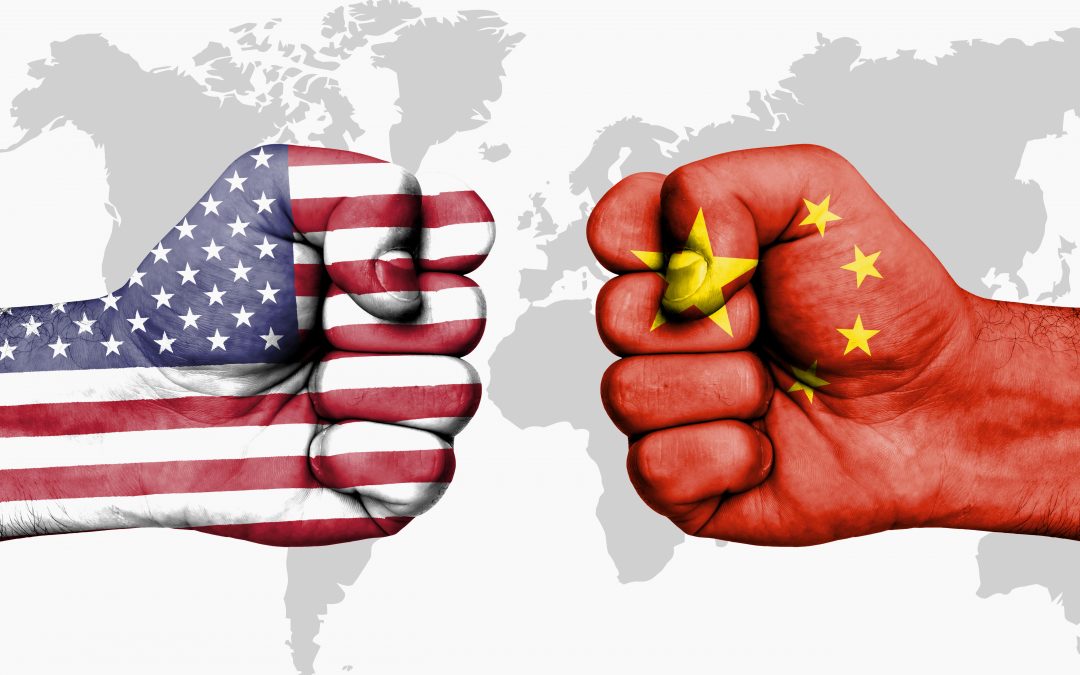Image: Shutterstock
What’s New: A recent paper from Harvard discusses China using BeiDou for soft and hard power. It says U.S. officials are not recognizing nor responding to the soft power initiatives.
Why It’s Important: China’s soft power use of BeiDou can give them distinct commercial, intelligence, and military leverage with other nations and advantages over the U.S.
Interesting Thought: The paper references alternative PNT technologies. Also that the U.S. should help other nations protect their infrastructure and applications from dependence on Chinese PNT systems. What if the U.S. helped other nations establish their own, sovereign, terrestrial PNT that could work with GPS?
BTW – We are flattered this paper references RNTF products three times.

China’s BeiDou: New Dimensions of Great Power Competition
Sarah Sewall
Tyler Vandenberg
Kaj Malden
Executive Summary
BeiDou1 is China’s Global Navigation Satellite System (GNSS), which reached full global coverage for the first time in 2020. Like the pioneering U.S. Global Positioning System (GPS), BeiDou provides Positioning, Navigation, and Timing (PNT) data worldwide. BeiDou illustrates Beijing’s strategic deployment of dual-use technology to enhance China’s geopolitical power—a dynamic that increasingly shapes U.S.-China competition below the threshold of war.
Although Beijing developed BeiDou primarily for military purposes, the Chinese Communist Party (CCP) takes a broader view of GNSS capabilities and is encouraging foreign nations to rely on BeiDou for civilian uses. In several regions of the world, BeiDou and its supporting ground infrastructure provide the most accessible and accurate PNT data of any operating GNSS constellation. BeiDou thereby provides a foundation for Chinese infrastructure exports via the Belt and Road Initiative (BRI) and related Digital Silk Road (DSR) as well as consumer offerings. The integration of BeiDou’s PNT data with ground station enhancements, 5G telecommunications, and critical infrastructure enhances China’s soft power through political and economic relationships and the sale of Chinese technology. Beijing’s export of this technology ecosystem may also pose specific security risks via technical manipulation or surveillance—including through BeiDou’s noteworthy two-way messaging capability.
The United States and its international partners should evaluate more closely the effects of global reliance upon BeiDou and associated infrastructure and products. Such reliance may increase states’ vulnerability to the Chinese government in ways that negatively affect U.S. interests and those of its democratic allies. Policymakers should consider how best to address and promote alternatives to Beijing’s strategic use of GNSS commercial technology.
READ MORE


